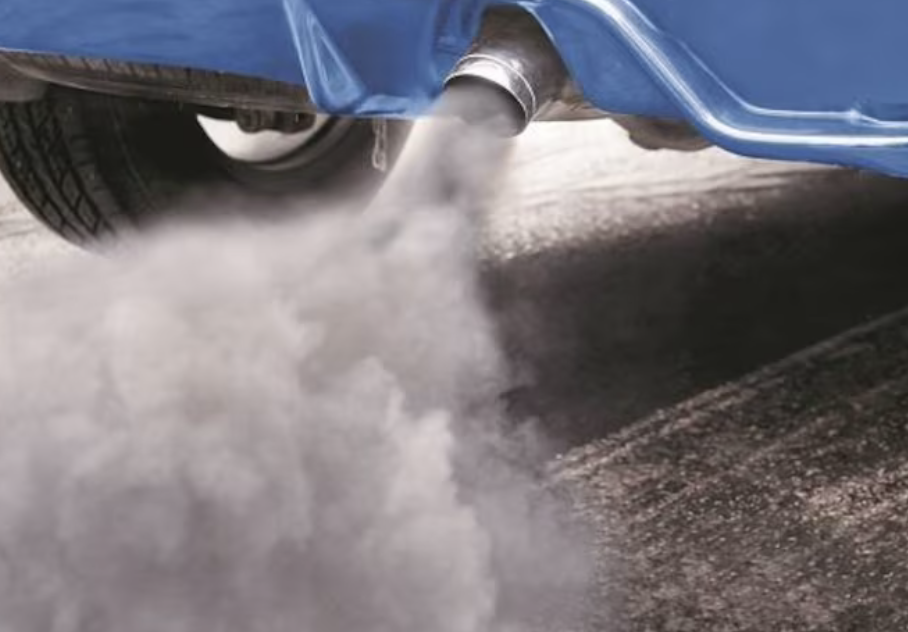|
Getting your Trinity Audio player ready...
|
Poor driving behaviour contributes to air pollution – experts. Mr Emmanuel Appoh, the Managing Consultant of Envirofit, an Environmental Consultancy Firm, says poor driving patterns produce particulate matter – tiny particles from parts of vehicles – that pollute the air.
These particles, he said, were harmful when inhaled and linked to diseases like hypertension, asthma, lung cancer, and cardiovascular morbidity.
On the sidelines of a stakeholder workshop to identify challenges to the enforcement of urban roads regulations in Takoradi, Mr Appoh explained to the Ghana News Agency that wear and tear produced almost 2,000 times more particle pollution.
The initiative being undertaken by the Department of Biology, Environment and Occupational Health of the University of Ghana and its partners would hold similar events in three other regions.
Participating institutions included the Driver and Vehicle Licensing Authority, Ghana Consolidated Road Transport, GPRTU, Vehicle Dealers Associations or Garages, and Motor Traffic and Transport Department of the Ghana Police Service, Customs Division of the Ghana Revenue Authority and Ghana Private Road Transport Union.
Mr Appoh said the habit of speeding, leaving engine idle, not servicing vehicles at regular schedules, overloading, using unstandardised brake shoes/pads and expired tyres contributed to pollution in the transport sector.
“Tyres for instance are made from synthetic rubber, a derivative of crude oil, and contain a number of toxic organic compounds, including known carcinogens. As they make contact with the road, they release tiny particles, which pollute the air, soil and water,” he said.
The particles, when inhaled or ingested and enter the organs via the bloodstream, become a health concern.
He said poor driving behaviours were illegal per the available pieces of regulations but not strictly enforced due to political, economic and limited funding.
Mr Appoh said while the vehicular population had increased to about three million, the roads network remained the same and not well maintained, resulting in congestion in many cities with more emissions.
“Measured values of roads in major cities in Ghana between 2002 to 2020 indicates that they are highly polluted. This is not getting better because there are very limited alternatives to vehicular transport,” he said.
There was, therefore, the need to fast track the development of the Motor Vehicle Emission Regulation that would see the operationalisation of the Motor Vehicle Emission Standards, he noted.
The regulation would set up testing centres and a vehicle would be deemed to have complied with the requirements if after testing, the results showed that emissions for all parameters as prescribed fell below the prescribed limits, Mr Appoh said.
Source: GNA


